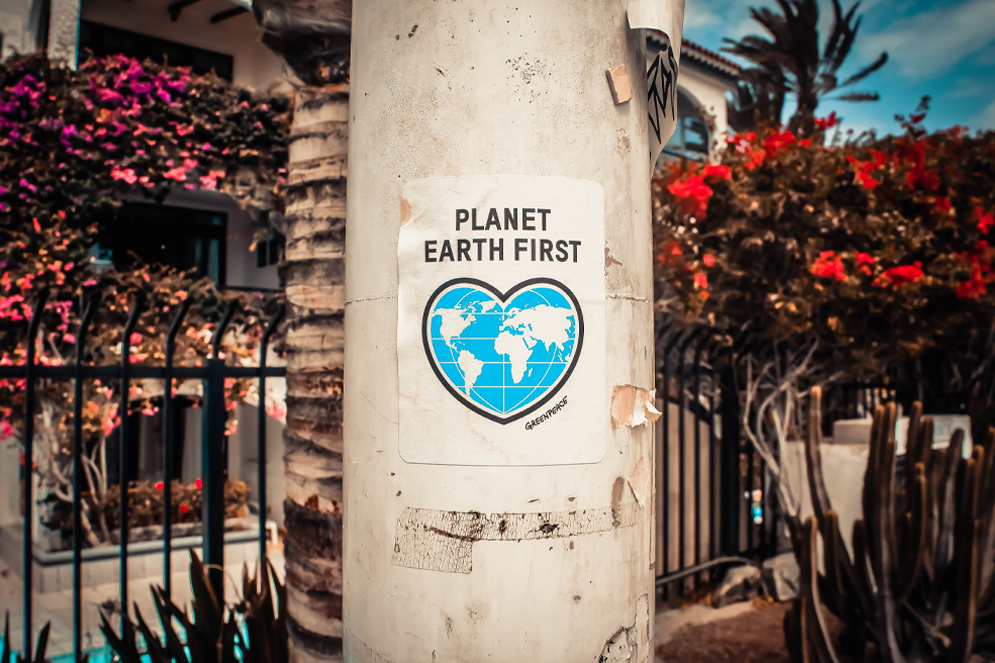Earth Day marks the anniversary of the birth of the modern environmental movement in 1970. It is a time to demonstrate support for environmental protection, whilst promoting harmony with nature and the earth.
At this time of reflection on our responsibility towards our planet, we looked to the Women’s Prize Library for some reading that celebrates the place of nature in our lives.
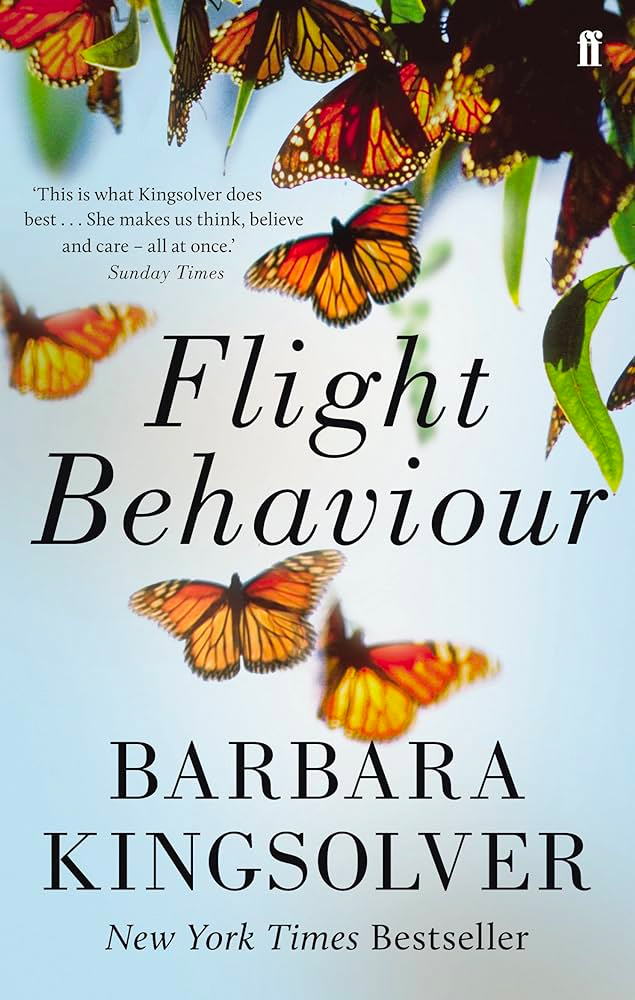
Shortlisted for the 2013 Women’s Prize for Fiction
Dellarobia Turnbow is a restless and unhappy farm wife in Appalachia, who’s tempted to lighten the daily drudgery of her life with an affair with a younger man. En route to a secret tryst, she stumbles upon what she believes is a ‘lake of fire’, a cautionary miracle delivered for her eyes.
As the community lines up to judge the woman and her miracle, scientists discover that it is made up of orange monarch butterflies, who would usually migrate to the warmer climates in the South, and put the blame at another door: climate change.
This is a versatile and engaging novel, told with great empathy that dissects the belief and denial around climate change.
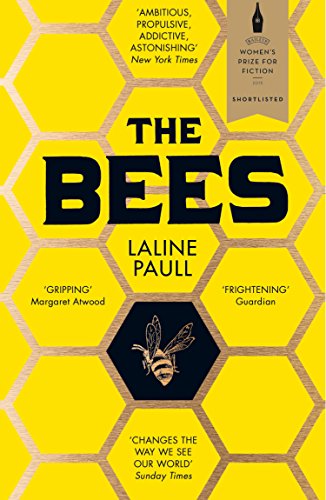
Shortlisted for the 2015 Women’s Prize for Fiction
Flora 717 is not like other bees. She does not emerge quietly from her cell, but smashes her way out. She is larger, darker and can speak – not a trait usually seen in sanitation bees, the lowest caste in the hive. The Bees is a dystopian novel set in the totalitarian state of an orchard beehive where the eternal laws are as natural to the bees as breathing: Accept, Obey, Serve.
It’s not just the threat of “brownfield development” that could impact the harmony of the hive, mutation and horror lurk in its heart. And Flora, though she doesn’t know it, embodies both the greatest threat to her hive, and perhaps their only way out. This is a fascinating and beautifully atmospheric novel that you won’t be able to put down.
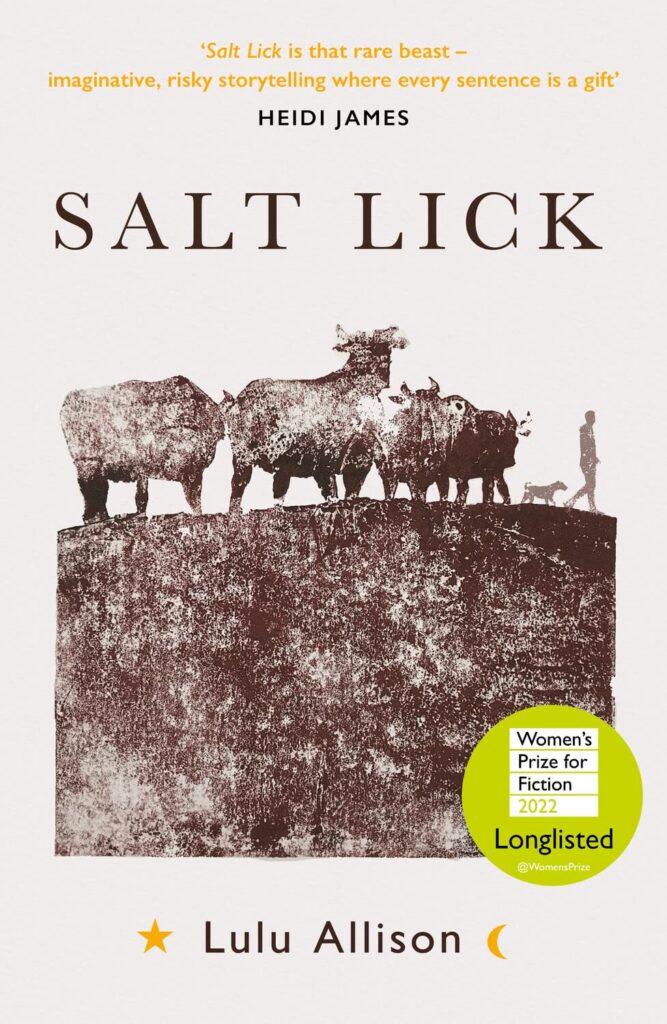
Longlisted for the 2022 Women’s Prize for Fiction
This novel is set in a dystopian near-future where Britain is split into city and rural communities. Climate change, globalisation and a series of flu pandemics have ravaged the country with the food supply now being imported from overseas. As a result, people are encouraged to live in cities and, in time, the countryside is seen as an enemy.
The dual narrative is split between the two communities at different times, following Jesse and then Isolde as they try to find their place in the world. The book has a chorus, a dreamy herd voice of feral cows, who are impatient with humans for their cruelty and lack of ability to find contentment. It is a startling glimpse into what the future might bring.
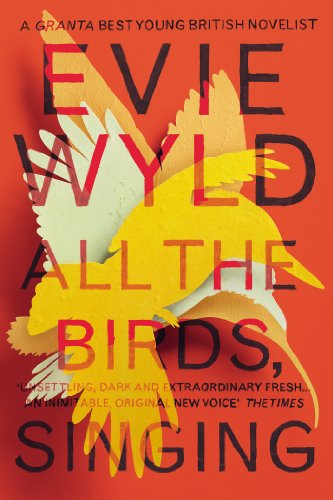
Longlisted for the 2014 Women’s Prize for Fiction
This story is set between past events in Australia and current events in England. Jake Whyte is living on her own in an old farmhouse on a craggy British island. Her disobedient collie, Dog, and a flock of sheep are her sole companions, which is how she wants it to be. She is haunted by her past – hidden thousands of miles away and years ago, held in the silences about her family and the scars that stripe her back – a past that threatens to break into the present.
Jake’s life is a lonely one, out of choice. But it is impossible, even on remote craggy islands, to keep life at bay. The timelines of the past and present are interweaved seamlessly and the flawed characters and landscapes are painfully believable.
If you enjoyed our books on nature, make sure to sign up to our newsletter so you never miss a book recommendation.
